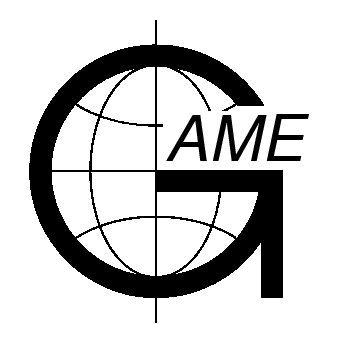Abstracts for the 5th International GAME Conf.

3-5 October 2001
Aichi Trade Center
Nagoya Japan
THE COORDINATED ENHANCED OBSERVING PERIOD
Toshio Koike (1), Ronald Stewart (2), John Leese (3), Rick Lawford (4)
(1) University of Tokyo
(2) Meteorological Service of Canada
(3) International GEWEX Project Office
(4) NOAA Office of Global Program
The Coordinated Enhanced Observing Period (CEOP) from July 2001 to September 2003 was originally envisioned as a major step towards bringing together the research activities in the GEWEX Hydrometeorology Panel (GHP) and its continental scale experiments and related projects in WCRP (GEWEX, CLIVAR, CLiC). CEOP has evolved into a "WCRP project in cooperation with WMO and IGOS (Integrated Global Observing Strategy) / CEOS (Committee on Earth Observation Satellites). Some of the ultimate goals of these groups are related to more accurate determination of the water cycle in association with climate variability and change as well as baseline data on the impacts of this variability on water resources.
The specific scientific and technical sub-objectives of CEOP are:
1)Water and Energy:
To use enhanced observations to better document and simulate water and energy fluxes and reservoirs over land on diurnal to annual temporal scales and to better predict these on temporal scales up to seasonal for water resource applications.
2)Monsoon Systems:
Document the seasonal march of the monsoon systems, assess their physical driving mechanisms, and investigate their possible physical connections.
These objectives will be addressed through a comprehensive modelling, observational and data management strategy. The model strategy will advance our capabilities to:
1)Balance water and energy budgets over land areas and, as appropriate, over associated ocean areas;
2)Assess our capability to transfer modelling techniques for water and energy fluxes and budgets between various land areas on temporal scales up to annual;
3)Assess our predictive capability for water and energy fluxes and budgets over land areas on temporal scales up to seasonal.
The objectives of the observational strategy are to:
1)Utilize information from the available suite of experimental and operational satellites;
2)Obtain critical point measurement information at a number of reference sites within the continental-scale experiment regions of GEWEX as well as at other locations;
3)Carry out intensive observing experiments as appropriate in support of specific studies of critical water and energy cycle features;
4)Encourage the extension of various GEWEX and other global dataset projects to cover the CEOP period.
The data management strategy is based on the reality that the research community will need to have efficient access to the wide mix of datasets being obtained from many sources. The data management strategy will lead to both the production of specific new satellite products as well as the utilization of existing data archiving centres.
Submittal Information
| Name : | Date : |
| |
| Organization : | Theme : |
Department of Civil Engineering, the University of Tokyo | |
| Address : | Presentation : |
Bunkyo-ku, Tokyo 113-8656 | |
| Country : | Abstract ID : |
| |
| Phone : | Fax : |
| |
| E-mail : | |
tkoike@hydra.t.u-tokyo.ac.jp | |

